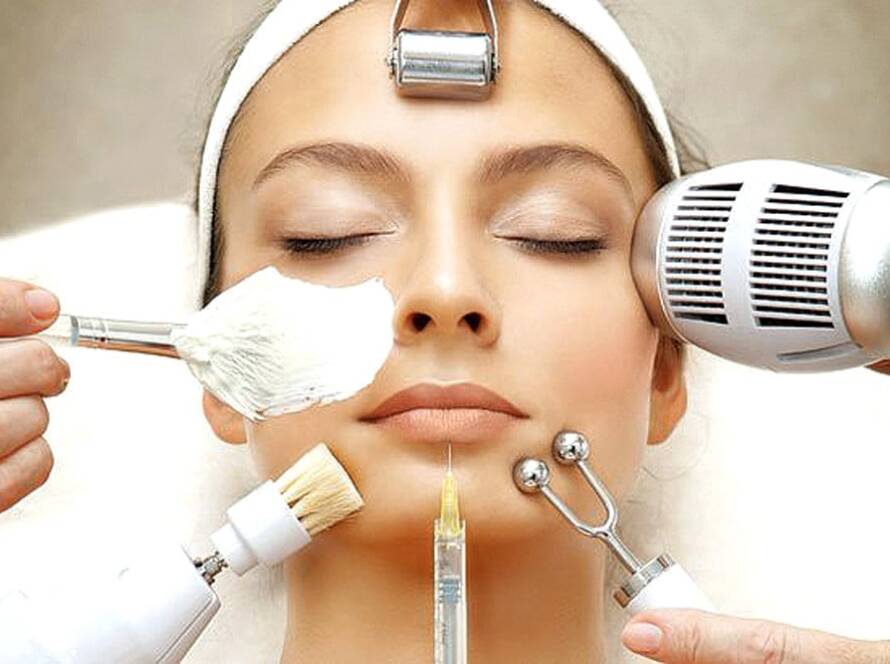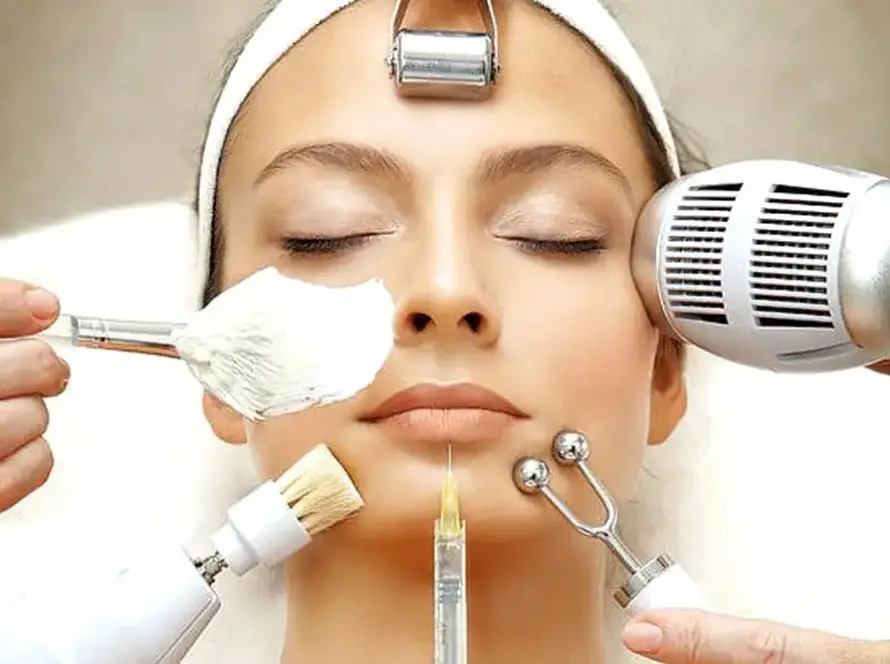
Acne is a very common condition affecting people all over the world, regardless of their age
or gender. Whether you’re suffering from occasional breakouts or battling stubborn acne, the
thought of finding the perfect treatment can be overwhelming. In this article, we will discuss
about effective acne treatments, tips on how to manage pimples, and lifestyle changes that
would lead to getting rid of acne and achieving healthy skin.
Understanding Acne
Before moving on to the treatment options, the first step is to get to know what causes acne.
The main cause is the blocking of hair follicles by dead skin cells and other particles like
excess sebum and bacteria like P.acnes. Other factors that can contribute to acne are:
Hormonal disturbances : menstrual dysfunction, thyroid gland dysfunction, etc.
Diet: It is possible that some individuals with acne prone skin might experience acne because
of foods rich in high glycemic index and dairy foods are among the many triggers.
Environmental factors: stress, lack of a good sleeping schedule, alcohol and smoking all
promote to acne flares.
Treatment Options
1. Topical Treatments
The most common treatments for acne is topical ointments. The most common among them
are:
Benzoyl Peroxide: It is an antibacterial agent that helps in the eradication of the cause of
acne. Also, it helps in the reduction of inflammation. It is available as a gel, cream, and wash.
Salicylic Acid: It is a beta-hydroxy acid that removes excess sebum from the skin’s surface
and also helps to get rid of the acne by unclogging the pores. Salicylic Acid is effective for
both blackheads and whiteheads.
Retinoids: These are vitamin A derivatives that are beneficial to the skin and promote
exfoliation through increasing the cell turnover rate and help to unblock pores. They may be
especially useful for those with cystic acne.
Alpha Hydroxy Acids (AHAs): Alpha Hydroxy Acids (AHAs) such as glycolic acid, lactic
acid, are used to exfoliate the skin’s surface to diminish the appearance of acne marks,
hyperpigmentation and of acne scars.
2. Oral Medications
Oral medications might be prescribed for the treatment of moderate to severe acne, where
topical medications are insufficient:
Antibiotics: Oral antibiotics are prescribed to decrease skin bacteria that feed inflammation.
Commonly used are tetracycline and doxycycline and minocycline.
Hormonal dysfunction treatments: medications commonly prescribed for thyroid disorders,
polycystic ovarian syndrome, raised levels of prolactin and testosterone in women can help
eliminate the cause of acne.
Isotretinoin: Isotretinoin is a very potent oral retinoid that is sometimes necessary if the
problem does not get better with other treatments. It is associated with significant side effects
and thus requires meticulous supervision.

3. Professional Treatments
Incase over-the-counter medicines have not brought any difference, then it is advisable that
one visit a dermatologist, who can suggest the necessary remedies:
Chemical Peels: different formulations of peels are employed with a primary purpose to
exfoliate and rejuvenate the skin which results in scar clearance and pore removal.
Laser Therapy: There are some certain lasers that can intensify the blue light regimen and
help kill the bacteria that are responsible for acne.
Light Therapy: The ultraviolet radiation in the lamps acts on the skin and activates the
components that will be able to destroy the bacterium that causes acne.
Skincare Routine Tips
It is essential to maintain a consistent skincare routine for managing acne. Here are tips:
Cleanse Gently: wash your face with a gentle cleanser that is mild and has no potential to
make the skin become a host to any potentially comedogenic particles.
twice each day so as to remove the unwanted sebum + dirt without any side effects.
Moisturize: skin should be hydrated even though it is oily . That is because oil-free, noncomedogenic
moisturizers won’t block your pores.
Avoid Picking: when we pick or squeeze acne it can lead to scarring, as well as worsening of
the acne.
Be Patient: Acne treatments can take time to show results. Stick to your routine and give
products a chance to work.
Changes in Your Life for Better Skin
Besides creams and pills, tweaking your daily habits can boost your skin’s health:
Eat Well: Pack your meals with fruits, veggies whole grains, and lean meats. You might want
to cut back on sugar and dairy if you break out after eating them.
Drink Up: Getting enough water keeps your skin moist and can make it look better overall.
Handle Stress: Try to fit yoga quiet time, or exercise into your day to calm down.
Sleep Enough: Good sleep is key to staying healthy, and that includes your skin. Try to sleep
for 7-9 hours each night.
Conclusion
Acne can be a pain, but knowing your choices and sticking to a regular skincare routine can
help. You might go for over-the-counter products, pills, or see a professional, just keep in
mind that it takes time to see changes. It’s a good idea to talk to a skin doctor to come up with
a plan that suits you best. If you take the right steps, you can get clearer, healthier skin and
feel better about your skin.



